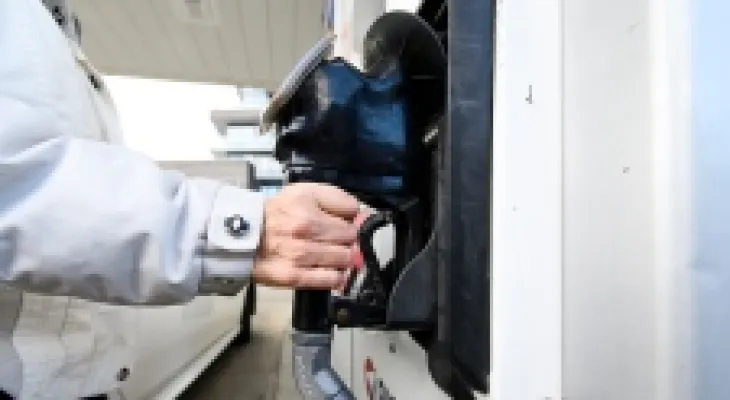Search here
Newspaper
Search here

Arab Canada News
News

Published: April 15, 2024
The first installment of the Canadian carbon rebate for 2024 is set to be delivered to some Canadians today as long as they filed their taxes by mid-March.
Canadians living in Alberta, Saskatchewan, Manitoba, Ontario, and all four Atlantic provinces will receive the first installment of the four payments today if they filed their 2023 taxes by March 15.
Those who filed their taxes after March 15 will receive the first installment on May 15, while those who file their taxes after today will wait until June or July.
The payments depend on family size, ranging for a family of four from $190 in New Brunswick to $450 in Alberta.
Ottawa has also launched a new online estimation tool that shows the amount you should receive from the rebates.
In an effort to make the rebates more understandable, Ottawa renamed them the "Canadian Carbon Rebate" this year, but it is still negotiating with major banks about changing how the deposits are classified when they appear in your account.
Ottawa has been in a tussle with banks over how to classify deposits since it moved to quarterly payments for the rebates in 2022.
Many Canadians have been confused or unaware that they received the rebate when payments showed up with vague labels including "Electronic Transfer Deposit from Canada," and "EFT Credit Canada," or sometimes just "federal payment."
The federal government asked banks to help classify it with the old title – Climate Action Incentive Payment – but some argued that they have a maximum of 15 characters to describe deposits.
Deposits will be classified differently depending on where you deal with the bank, as some will carry the full name Canada Carbon Rebate, while others will shorten it to "CDACarbonRebate" or "Canada CCR/RCC."
In French, the labels could be "Carbone RemiseCA" or "Dépôt direct/Remise canadienne sur Carbone."
The rebates are sent to offset what people pay in carbon pricing when they purchase fuel so that they are not worse off as a result.
People who do things to reduce their fuel use are better off because they still receive the same rebate but pay less in carbon pricing.
The amounts of the rebate are determined annually based on how much carbon price Ottawa expects to collect in each province.
British Columbia, Quebec, and the Northwest Territories have their own pricing system for consumers, so residents there do not receive federal payments. Yukon and Nunavut use the federal system but have an agreement to distribute the revenues themselves.
The parliamentary budget officer stated that about 80 percent of Canadians get back more from the rebates than they pay.
He also noted that the economic impact of carbon pricing could lead to lower wages over time, potentially erasing this benefit for some Canadians. However, the government states that climate change itself can cause economic harm if left unchecked.
Comments